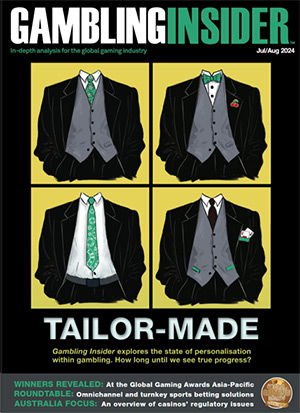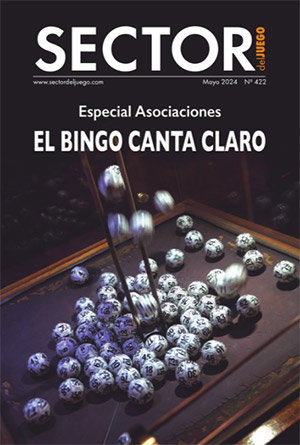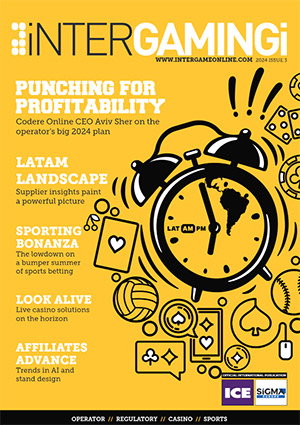Seneca Nation says casino arbitration ruling in NY violates federal law

Signaling that its dispute with New York State is not over, the Seneca Nation Friday said last week’s arbitration decision ordering the tribe to pay USD 266 million to the state violates federal law. Seneca President Rickey Armstrong said the arbitration panel’s two members who ruled against the tribe “effectively amended the agreed-upon terms” of a casino compact between the state and Senecas.
An arbitration panel Wednesday ordered the Seneca Nation to pay the state in lapsed casino revenue-sharing proceeds, though it remained uncertain if the stalemate is actually over. The same two arbitration panel members who in January preliminarily sided with the state in the dispute said the tribe also needs to restart quarterly payments to New York as agreed to in the original compact that paved the way for the Senecas to open casinos in Niagara Falls, Buffalo and Salamanca. The third arbitration panel member, who was appointed by the tribe, did not sign off on the order issued Wednesday to lawyers for the two sides.
“It has done so in complete disregard of federal law that governs the compact and without following the necessary federal procedures for making compact amendments,’’ Armstrong said of the panel's Wednesday’s arbitration decision, The Buffalo News reports.
Armstrong’s reaction indicates that the tribe is in no hurry to adhere to what the state says is a binding order from the arbitration panel. The panel found that the Senecas were wrong to withhold casino revenue-sharing payments dating back to January 1, 2017.
The administration led by governor Andrew M. Cuomo believes the Senecas must, per the arbitration decision released Wednesday evening, immediately pay the $266 million. Under terms of the original compact signed in 2002, the tribe agreed to pay the state 25 percent of its net slot machine revenues from its casinos in Buffalo, Niagara Falls and Salamanca. In return, the state granted exclusivity to the tribe's three Las Vegas-style casinos in a sprawling area of Western New York.
But the Seneca Nation maintains the compact’s language is silent on that revenue sharing provision after the compact’s 14th year. So, it halted payments to Albany beginning with slot proceeds that the state says were due at the beginning of 2017.
The arbitration panel, while acknowledging some murkiness in the language of the compact, said the tribe was wrong to withhold the state's payments because the overall terms of the compact – including revenue sharing by the tribe and the exclusivity terms agreed to by the state – all carried on past the compact's 14th year.
The $266 million in back payments covers the period through 2018. The tribe, the arbitration panel said, still owes this year’s first quarter – the amount of which has not yet been determined. It must also resume quarterly payments to the state, which, in turn, shares one-quarter with local governments in the area.
Arbitration members siding with the state this week were a New York City lawyer tapped for the panel by Cuomo and a professional arbitrator who was jointly selected by the state and the Seneca nation. A third arbitration member, who was selected by the Senecas to serve on the panel, did not sign off on the order.
“Simply put, the compact is rooted in federal law and amending the compact requires that proper procedures be followed. A majority of the panel members ignored both of these critical issues,’’ Armstrong said.
It is uncertain what options may be at play for the Senecas, such as perhaps taking their treaty dispute to federal authorities at the U.S. Department of Interior. Armstrong, in a written statement Friday morning, only said that the tribe is still reviewing the arbitration decision and its legal rights. When completed, “we will determine a path forward.’’
Earlier last week, in a meeting with the press, Cuomo seemed to acknowledge the arbitration panel’s decision might not end the dispute. “They had said they would honor the arbitration decision, and they signed a contract saying they would honor the arbitration decision. What does that mean? Apparently not much,’’ Cuomo said.
In the recently approved 2019 state budget, there is no line item noting that the state planned on receiving the Seneca’s back payments or future payments. However, officials said they expect such a notation to be made on the state’s official financial plan for 2019, which will be released in four weeks. They have not said how much money from the Senecas would be included in that document.


















































